The first thing everybody wants to know when an accident happens is where to assign responsibility- particularly your insurance company. Being “at fault” for an accident means that you were the cause of the accident, either by failing to act or your direct actions. You may still be considered to be at fault, even if your insurance company or the police share the blame 51% to you and 49% to other parties involved. In the eyes of your insurance company, it is not necessary to have a ticket from a police officer to be at fault. If you’re involved in a single-vehicle accident, then you are more than likely not going to be at fault. In this article, we will discuss how to determine fault, what an at-fault accident is, and what happens if you’re at fault.
Determining Fault
Insurance companies determine who is “at fault” in an accident through the legal concept of “negligence”: If you fail to act in a way that reasonable people would, given the same situation. “Comparative negligence” may also be a factor through which your insurance company assigns a percentage of fault to each individual driver who is involved in the accident, or “contributory negligence,” meaning that the insurance company may lower the payout depending on how much your actions were a cause of the accident.
Who Pays?
While the law varies in each individual state, insurance is fault-based in most states. These states are also known as “tort” states, where the at-fault driver’s insurance company pays the bill for medical expenses, repairs, and other costs. In a no-fault state, the insured person’s medical costs are covered by their own insurance company (within limits), and the at-fault driver’s insurance covers any property damage.
What If You’re At Fault?
Of course, the best way to avoid being at fault is to drive safely and obey the law- but sometimes accidents happen and you may still be found at fault. Split-second decisions can end up causing disasters. If you are involved in an accident, it is essential to not admit fault at the scene of the crash. Take down insurance information, grab some photos of the damage,and wait for the police to show up. Give the police a truthful account to the best of your ability. The insurance adjuster will look through your side of the story, the other party’s version of events, the police report, and how much damage is done to determine who is at fault from their vantage point.
If your insurance company finds you to be at fault, what kind of insurance you have will play a major role in what occurs next. The medical expenses for your injuries, your passengers’ injuries, and the other driver should be covered by bodily injury liability, while collision coverage covers damages to the car. You should have at least a basic understanding of your state's minimum car insurance requirements so that you have full coverage for property damage liability and personal liability in the case that you are in an accident and are found to be at fault.
Are you the victim of an auto accident and looking for legal counsel? Call our top auto accident attorneys at Mantia Law Firm for a free initial consultation today.

